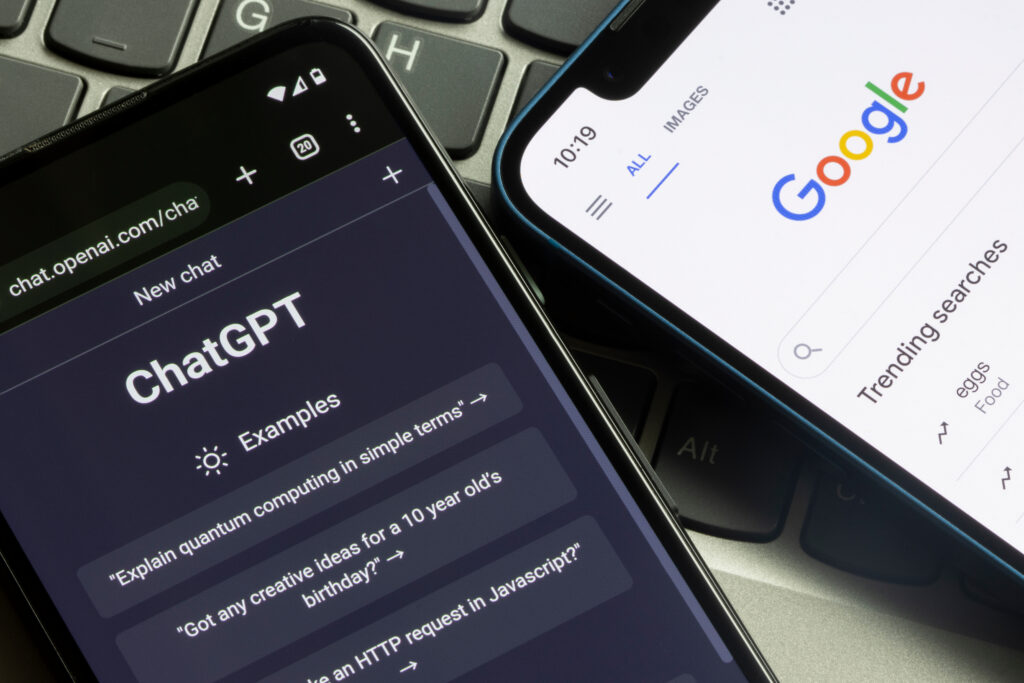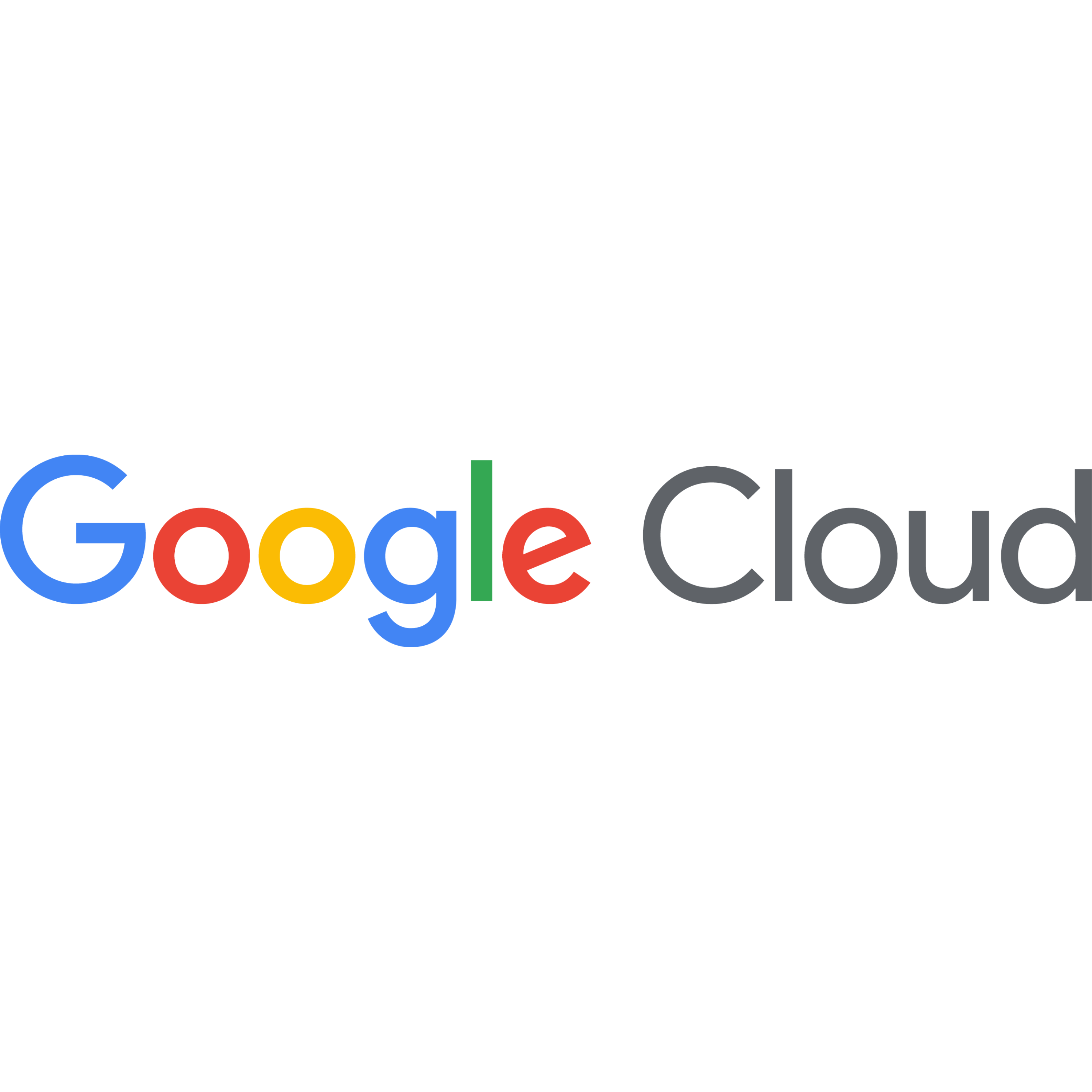
According to reports from the Reuters news agency, OpenAI has finalized an agreement to use Google Cloud infrastructure. Let’s explore what the deal means for OpenAI, the broader AI ecosystem, and, of course, OpenAI’s groundbreaking and now faltering relationship with Microsoft.
Google Cloud and OpenAI Partnership
At the center of the deal, OpenAI will access additional compute capacity from Google Cloud, facilitated by CoreWeave, for model training and operations. This is yet another example of how the AI revolution is turning competitive rivalries into thriving business opportunities.
Yet, even in this collaborative environment, the fact that Google is supporting OpenAI to grow and improve is a surprise. Why? ChatGPT, OpenAI’s flagship product, poses a direct threat not only to Alphabet’s (Google Cloud’s parent company) key revenue streams — search and advertising — but also to Google’s AI chatbot, Gemini.
This alliance is being driven by two words that summarize the AI sector: insatiable demand.

AI Agent & Copilot Summit is an AI-first event to define opportunities, impact, and outcomes with Microsoft Copilot and agents. Building on its 2025 success, the 2026 event takes place March 17-19 in San Diego. Get more details.
The Deal in Context
For many companies in the AI space, demand is quickly outpacing capacity, including OpenAI. Back in April this year, Sam Altman even took to X to explain that, in light of massive demand following the launch of its new image-generation tool:
“We are getting things under control, but you should expect new releases from OpenAI to be delayed, stuff to break, and for service sometimes to be slow as we deal with capacity challenges.”
This massive demand has been a driving force for OpenAI to look beyond Microsoft Azure for its computing capacity needs. However, as my colleague Bob Evans recently reported, this demand for AI is also affecting other companies in the Cloud Wars Top 10, and it’s by no means negative.
Microsoft CFO Amy Hood (“Microsoft Obliterates ‘Data Center Overcapacity’ Fantasy with Another RPO Blowout”): “In our AI services, while we continue to bring data center capacity online as planned, demand is growing a bit faster. Therefore, we now expect to have some AI capacity constraints beyond June.”
Oracle Chairman Larry Elison (“Larry Ellison and Safra Catz Humiliate Oracle Skeptics with Stunning Guidance”): “I mean, I don’t know how to describe it — I’ve never seen anything remotely like this. People are calling up and asking, ‘Please, can you find us more capacity? We’ll take it wherever you have it. It’s in Malaysia? We’ll take it — that’s fine.'”
Microsoft and OpenAI
Back in May, I discussed the news that OpenAI and Microsoft were renegotiating the terms of their longstanding agreement with the view to OpenAI launching an IPO. Since then, along with the Google Cloud deal, OpenAI has also become a key partner in the $500 billion Stargate Project, marking a significant shift in its strategic alliances and potentially its future direction.
Both deals fundamentally focus on increasing capacity. OpenAI’s ambitions extend beyond Microsoft. The question is, to what extent is this ambition driven by a need for diversification rather than being entirely reliant on Microsoft for all their needs?
Ask Cloud Wars AI Agent about this analysis










